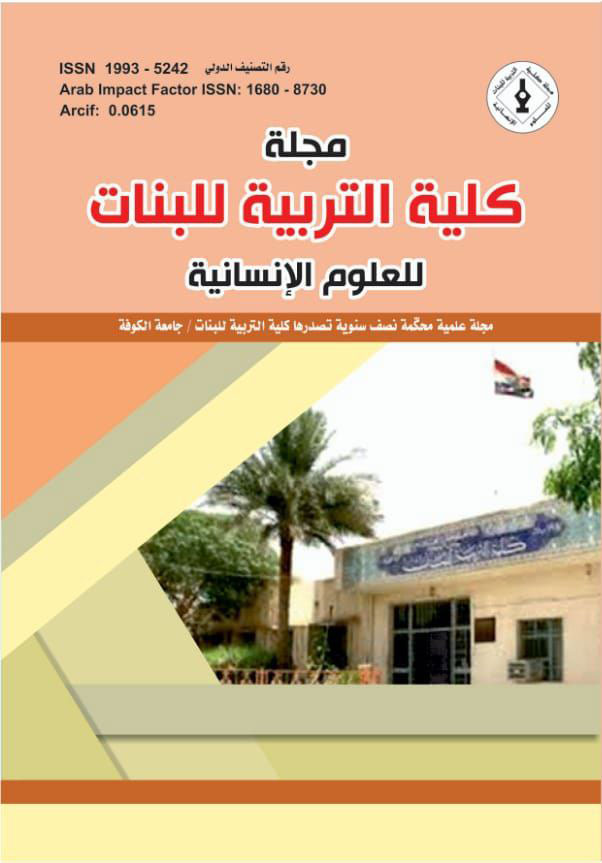The anecdotal repercussions in the Quranic text
DOI:
https://doi.org/10.36327/ewjh.v2i32.13738Keywords:
التداعي الحكائيّ المقاليّ, اللفظيّ, الصّوتيّ, التّركيبيّ, التداعي الحكائيّ المقاميّ, الحكاية المثليّة, أحداث خارجيّة معيشة بالحسّ والمشاهدةAbstract
The Qur’anic text included two types of association, the first (free) repercussions achieved by the missionary and prophetic communication of the events of the divine will, while the second is (constrained) by the events of the human will. The semantic type, as for the second type, was embodied in the parable discourse (narrative) in sensuous, lived and imagined events that are supposed to occur. Among these repercussions is what was mentioned in the style of the human missionary discourse, which leads - in the whole of the Holy Qur’an - to the regression of the events of the party of the human discourse due to the deterioration of its means of argument. Including the Christians’ attempt to despise the Messenger of God (may God’s prayers and peace be upon him and his family). The finite in the human soul, which is contained according to other perceptible events in the worldly life in the hereafter, conjectural events based on uncontrolled human interpretation embodied an important aspect of these repercussions, especially in the story of the people of the cave
Downloads
Downloads
Published
How to Cite
Issue
Section
License
Copyright (c) 2023 The anecdotal repercussions in the Quranic text

This work is licensed under a Creative Commons Attribution 4.0 International License.
which allows users to copy, create extracts, abstracts, and new works from the Article, alter and revise the Article, and make commercial use of the Article (including reuse and/or resale of the Article by commercial entities), provided the user gives appropriate credit (with a link to the formal publication through the relevant DOI), provides a link to the license, indicates if changes were made and the licensor is not represented as endorsing the use made of the work.









